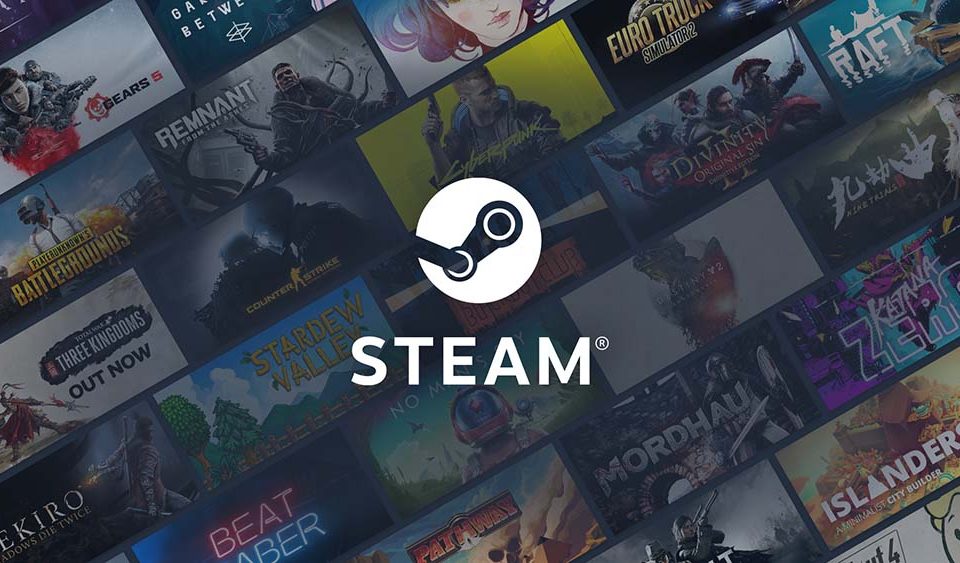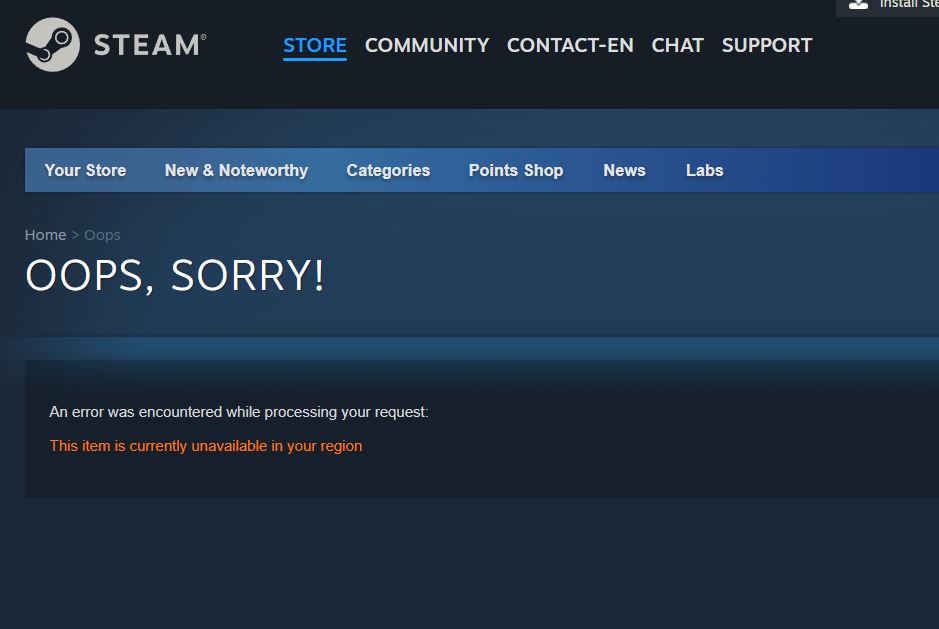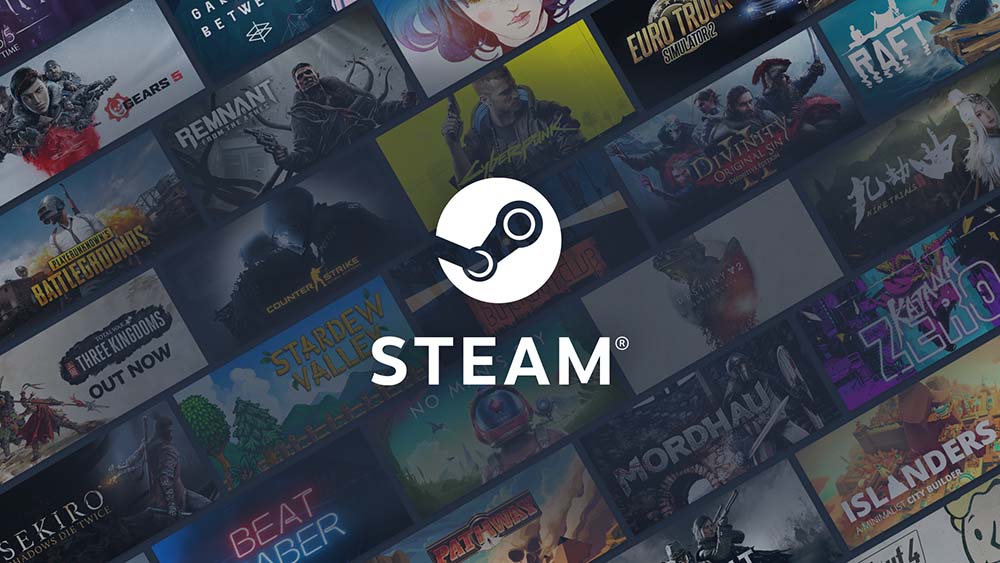Thick Thighs Save Lives
NeoGAF's Physical Games Advocate Extraordinaire

Today, a large number of Japanese PC gamers collectively went “Finally!” as they saw Bandai Namco Entertainment lift the region lock that had been placed on Dragon Ball FighterZ, Dragon Ball Xenoverse 2 and Dragon Ball Z: Kakarot ever since their release on Steam. Japanese game publishers making Steam releases unavailable for their countrymen has been a thing for years, but Steam’s recent popularity boom in Japan may be nudging things in the right direction.
Often used by Japanese netizens, “omakuni” is a slang term derived from the phrase, “We’re not selling it in your country,” and refers to a product or service being blocked in a specific country, i.e. region locking. It’s most often used to refer to games on Steam released by Japanese publishers but made unpurchasable or unplayable (e.g. no language support) for Japanese users. The practice can be seen even with major names such as Square Enix, Capcom, Koei Tecmo and Bandai Namco Entertainment.
Developers generally do not provide official reasons for region-locking in this way (Bandai Namco lifted the ban on Dragon Ball without an explanation), but users speculate that they may have to do with manufacturers trying to protect their existing channels of distribution. For example, selling physical editions to a retailer provides the manufacturer with a certain margin of profit even if the copies don’t end up being purchased by players. If the manufacturer were to actively promote digital sales, this could jeopardize their relationship with retailers.
There is also the possibility of region locking being related to exclusivity deals that only apply domestically. In other words, a game could be exclusive to one console in Japan, but available on multiple platforms, including Steam, overseas.

Thankfully, there has been a trend of Steam releases in Japan being freed from their “omakuni” status recently. As of May 23, the previously mentioned Dragon Ball titles have been made purchasable from Japan with support for the Japanese language. In January this year, Sega lifted their local bans on Sonic Adventure DX: Director’s Cut and Sonic Adventure 2. These moves could be influenced by Steam’s massive growth among Japanese users in the past few years. As Steam’s market size continues to grow and attract Japanese PC gamers, manufacturers may be realizing the extent of its potential as a platform.

Japanese publishers’ habit of region locking games in Japan may finally be changing - AUTOMATON WEST
For years, Japanese game publishers have been region locking Steam releases of certain from Japanese users. This may be changing.
